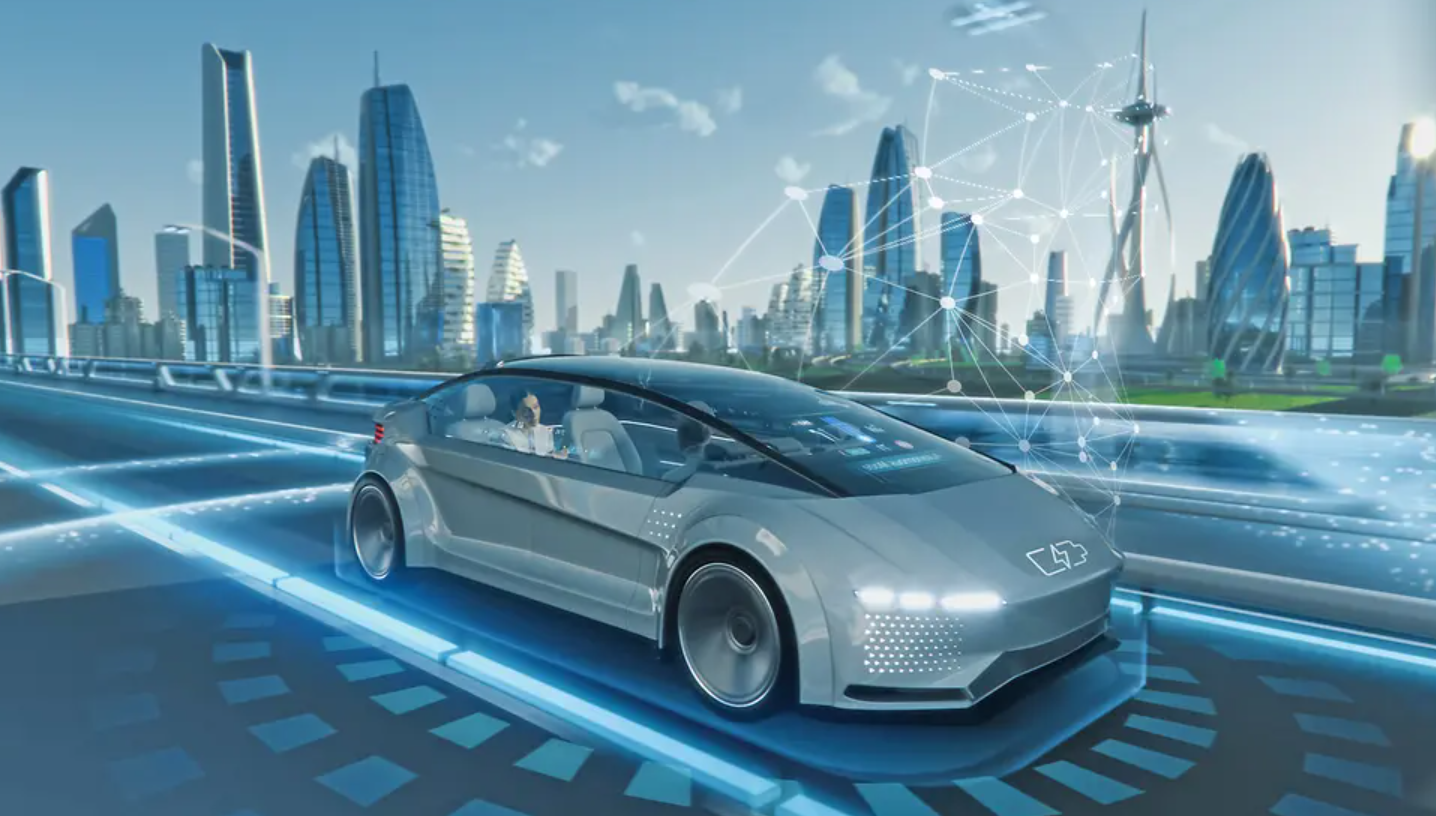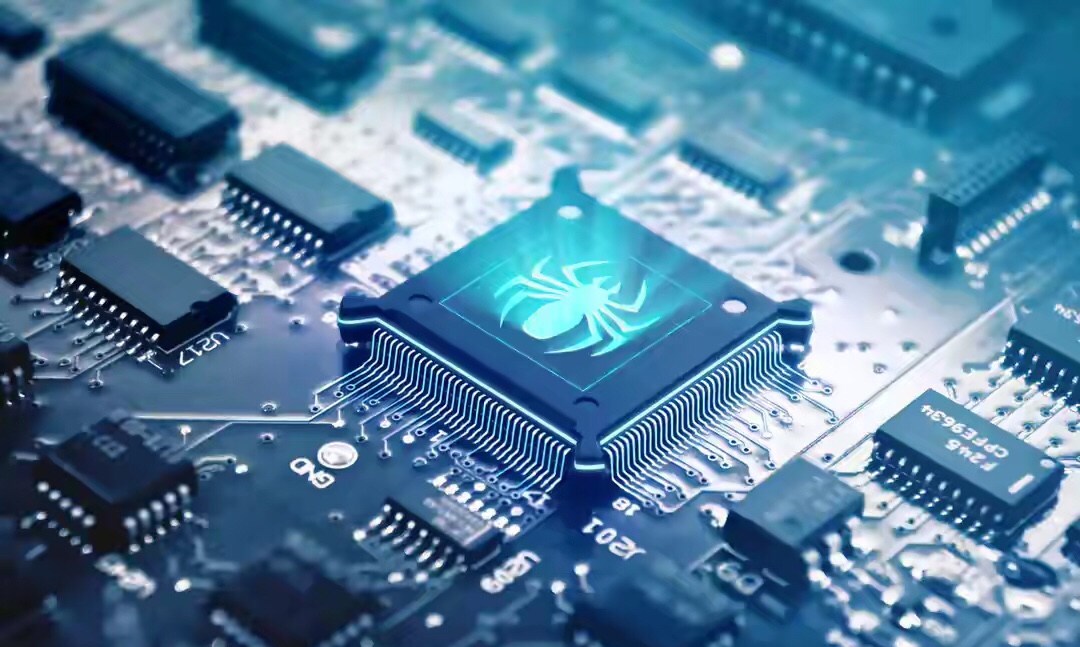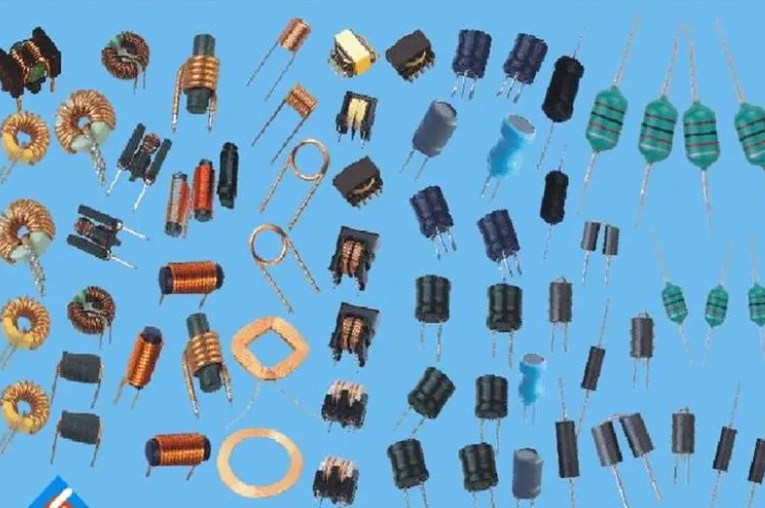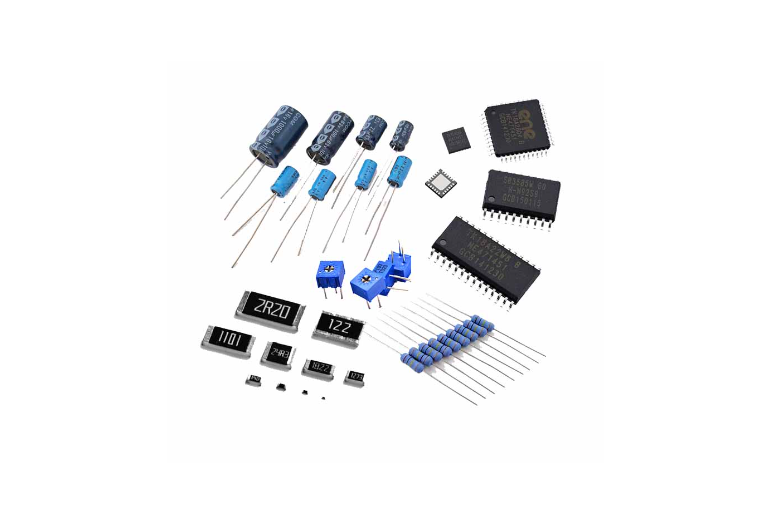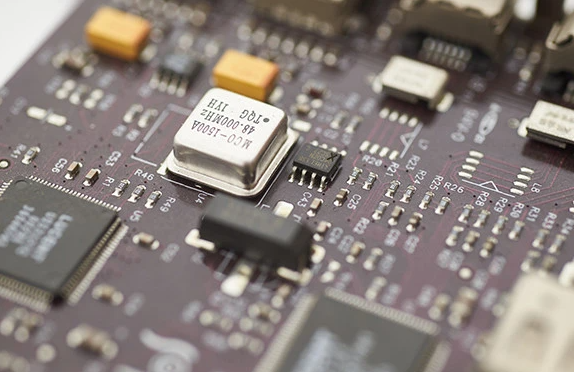Introduction:
In the ever-evolving landscape of industrial technology, electronic components play a pivotal role in shaping the future of industrial automation. The integration of cutting-edge electronic components has not only increased the efficiency of industrial processes but has also opened up new possibilities for innovation and productivity. In this blog post, we will delve into the key electronic components driving advancements in the field of industrial automation.
Microcontrollers and Microprocessors:
At the heart of industrial automation are microcontrollers and microprocessors, serving as the brains of sophisticated control systems. These components enable the execution of complex algorithms, real-time data processing, and decision-making, thereby enhancing the overall efficiency and responsiveness of industrial machinery.
Sensors and Actuators:
Sensors are the eyes and ears of industrial systems, providing critical data about the environment and the status of equipment. Whether it's temperature, pressure, proximity, or motion sensors, these electronic components enable precise monitoring and control. Actuators, on the other hand, respond to sensor inputs by initiating mechanical actions, allowing for precise adjustments and automated processes.
Programmable Logic Controllers (PLCs):
PLCs are integral to industrial control systems, providing a centralized and programmable solution for automating various tasks. These electronic devices facilitate seamless communication between different components, ensuring a synchronized and efficient workflow in manufacturing and process industries.
Human-Machine Interface (HMI) Devices:
Industrial automation involves human interaction, and HMIs serve as the interface between operators and machines. Touchscreens, displays, and other HMI devices enable intuitive control, monitoring, and diagnostics, enhancing user experience and simplifying complex industrial processes.
Communication Protocols:
Efficient communication is vital in industrial settings, and electronic components support various communication protocols such as Modbus, Profibus, and Ethernet/IP. These protocols enable seamless data exchange between different components, contributing to the integration of diverse systems within the industrial landscape.
Power Electronics:
Power electronic components, including converters and inverters, play a crucial role in managing electrical energy in industrial applications. These components optimize energy consumption, regulate voltage levels, and enable the integration of renewable energy sources, contributing to sustainable and eco-friendly industrial practices.
Machine Learning and Artificial Intelligence:
The integration of machine learning algorithms and artificial intelligence (AI) is revolutionizing industrial automation. Electronic components capable of handling advanced computational tasks are enabling predictive maintenance, quality control, and optimization of production processes, leading to improved efficiency and reduced downtime.
Conclusion:
As we navigate the fourth industrial revolution, electronic components continue to redefine the possibilities in industrial automation. The synergy of microcontrollers, sensors, PLCs, communication protocols, power electronics, and advanced computing is propelling the industry towards unprecedented levels of efficiency, productivity, and sustainability. Embracing these technological advancements is not just a choice; it's a necessity for industries aiming to stay competitive and meet the challenges of the future.

